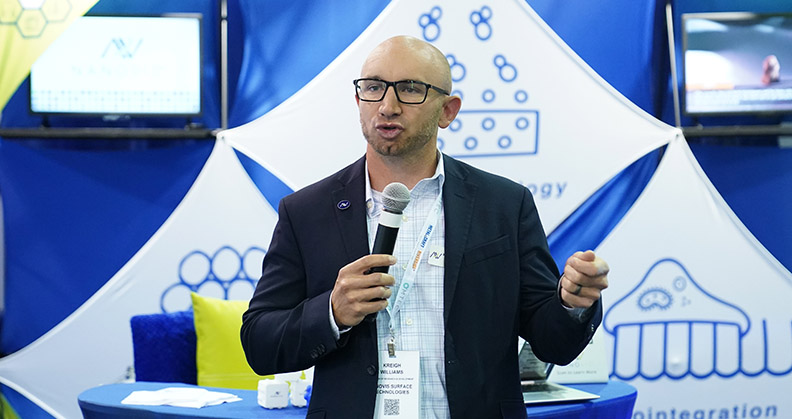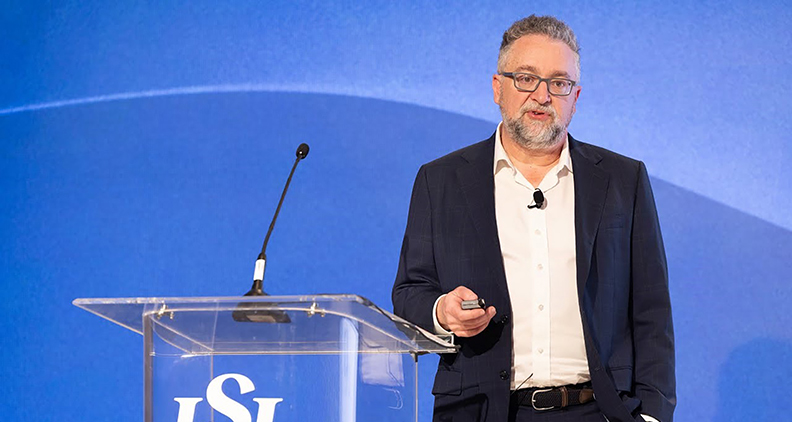
Many device companies and suppliers have created their own apprenticeship programs to fill gaps in employment. The payoff for this investment in resources and people is a well-trained, dedicated employee.
XL Precision Technologies, manufacturer of precision micro-components and subassemblies for the medical device industry, has graduated 15 individuals over the last eight years of its apprenticeship program at its U.K. facility, training CNC programmers, manufacturing and inspection technicians, R&D and quality engineers. The company recently launched an apprenticeship program at its U.S. location, which opened in 2016.
Tom Graham, Managing Director, shared advice from his experiences.
Find a Good Partner
XL Precision Technologies works with local colleges and technical training schools to identify qualified candidates. Educational partners that are invested in the relationship will understand company culture and prime personality traits as well as skills required, Graham says. XL Precision Technologies’ partners visit the company’s facility once a month to assess the apprentices’ and the company’s commitment to and execution of the program. This fuels conversations about what’s working—and what’s not.
Define the Program
These are multi-year investments. XL Precision Technologies’ apprenticeships run from two years for admin support to four years for an R&D engineer. It’s necessary to outline the amount of time that the apprentice will spend in training at his or her college and in working at the company. Additionally, you must know what commitment you seek from the apprentice once he finishes training. XL Precision Technologies requires participants to complete one year in their designated role, upon completion of their college training.
Involve Multiple Employees
Apprentices are being groomed as full-time employees; therefore, they should be fully engaged in company culture. This requires involvement from a range of staff. XL Precision Technologies’ training includes health and safety protocols, risk assessment, company ethos and, of course, job roles and responsibilities. Each apprentice has a mentor dedicated to her training, and department managers ultimately oversee apprentices in their departments.
Remain Flexible
Apprenticeship programs are not scientific experiments, Graham says. Apprentices are typically young and usually making first or new career decisions. They’re human. They may change their minds based on the work or the culture. Graham advises patience, and if an apprentice isn’t a fit because of the type of work, he suggests identifying whether another role within the company is a better match for that individual’s skills and personality. The best programs and people
benefit from flexibility and open mindedness.
Carolyn LaWell is ORTHOWORLD’s Chief Content Officer. She can be reached by email.




